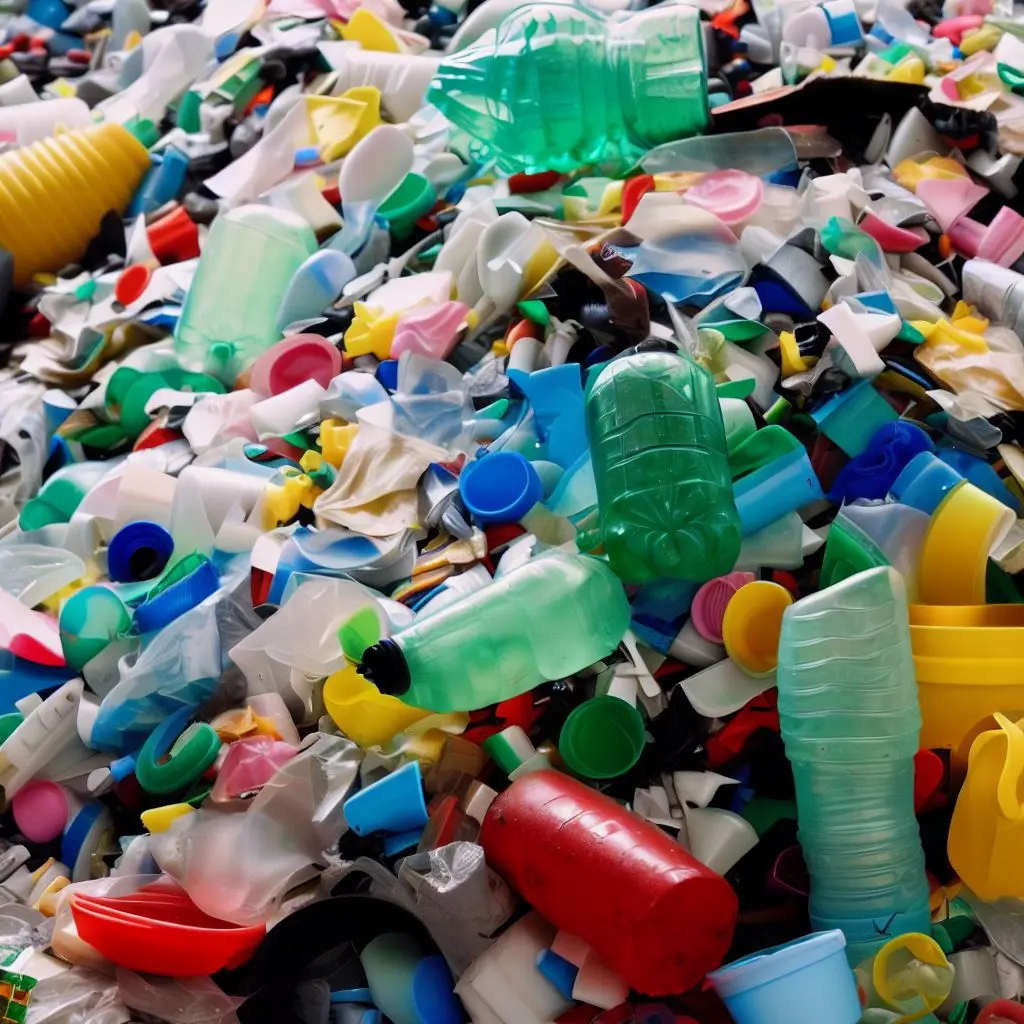Johdanto
In today’s world, plastic is an inescapable part of our daily lives. From the food packaging that keeps our meals fresh to the intricate components in our electronic devices, plastic is everywhere. However, the convenience comes at a cost, often referred to as “white pollution,” which is the environmental degradation caused by plastic waste. This Plastic Classification Guide aims to provide an in-depth understanding of the various types of plastics, their properties, and their impact on the environment. By gaining this knowledge, we can make more informed choices and contribute to more effective recycling efforts.
Detailed Classification of Plastics
Plastics are organic synthetic polymer materials with a plethora of applications. They can be categorized based on a variety of factors such as density, heat resistance, and chemical composition. This classification is not merely academic; it has practical implications for consumers, manufacturers, and environmentalists alike. It aids in the proper usage, disposal, and recycling of plastic products.
Polyethylene Terephthalate (PET or PETE)
This is a type of polyester commonly used in the manufacturing of beverage bottles, food containers, and synthetic fibers. While PET is recyclable, it is not advisable to reuse these containers for food or drink storage due to potential health risks associated with chemical leaching.
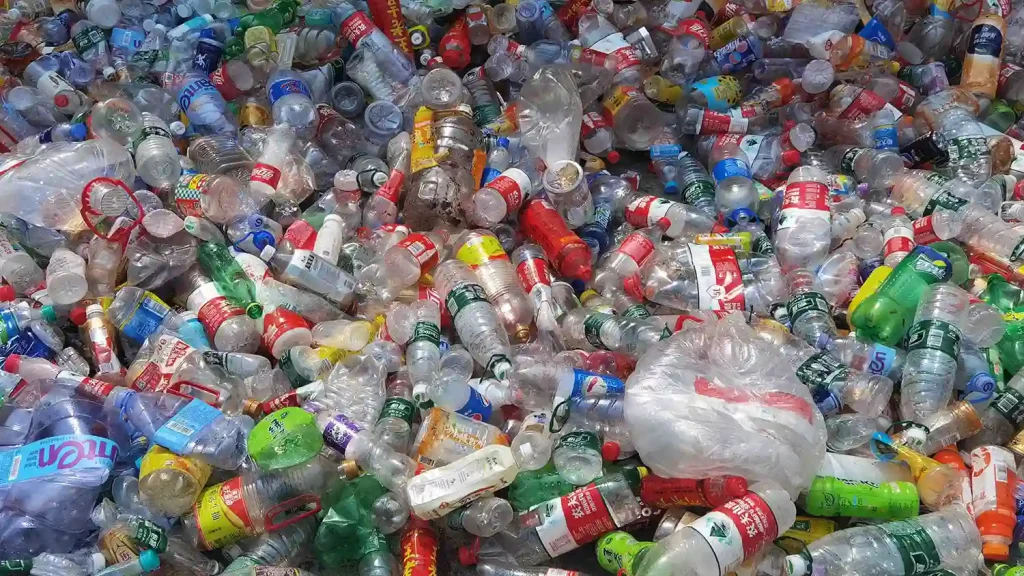
Korkeatiheyspolyeteeni (HDPE)
HDPE is a versatile plastic used for a wide range of products, including milk jugs, detergent bottles, and even piping for water and gas. It is known for its high tensile strength and is considered safe for reuse. HDPE is also widely accepted in recycling programs.
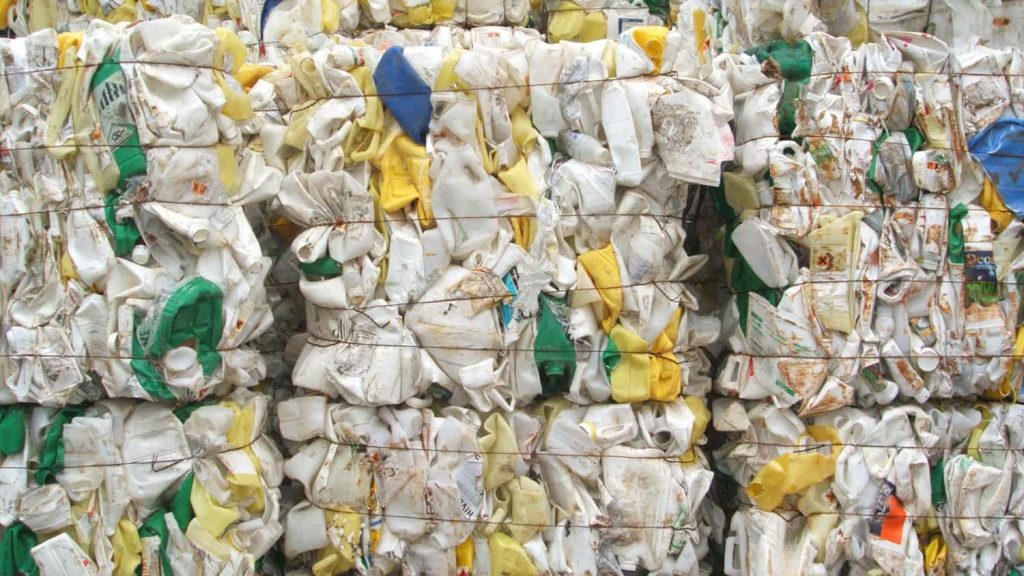
Polyvinyylikloridi (PVC)
PVC is used in a variety of applications, including plumbing pipes, electrical cable insulation, and inflatable structures. While it is a robust and durable material, it contains hazardous chemicals like phthalates, making it less ideal for food storage. PVC is generally not accepted in standard recycling programs.
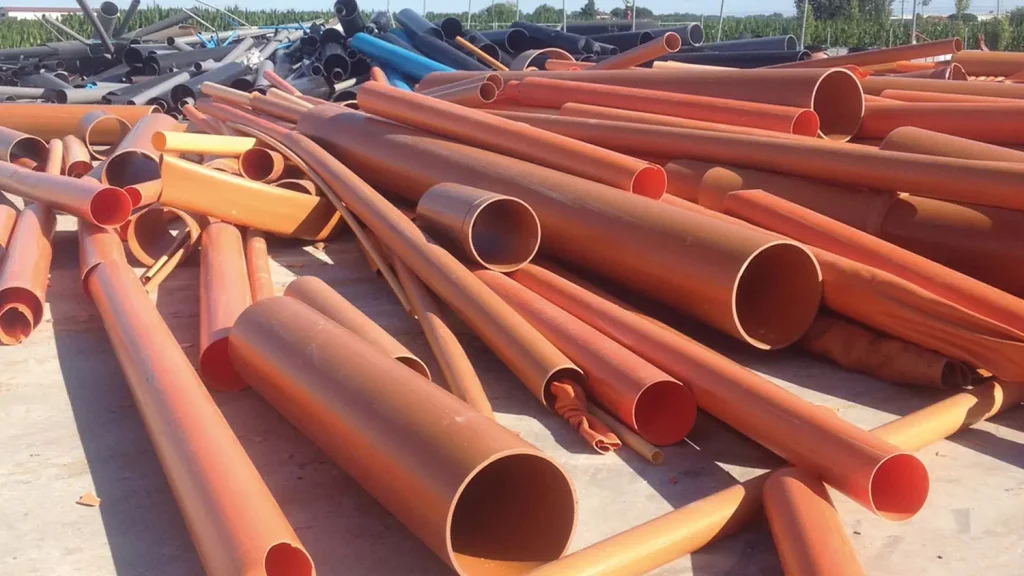
Matalatiheyspolyeteeni (LDPE)
LDPE is commonly used in the production of plastic bags, cling film, and squeezable bottles. It is known for its flexibility and moisture resistance. While not as commonly recycled as PET or HDPE, many recycling facilities are beginning to accept LDPE.
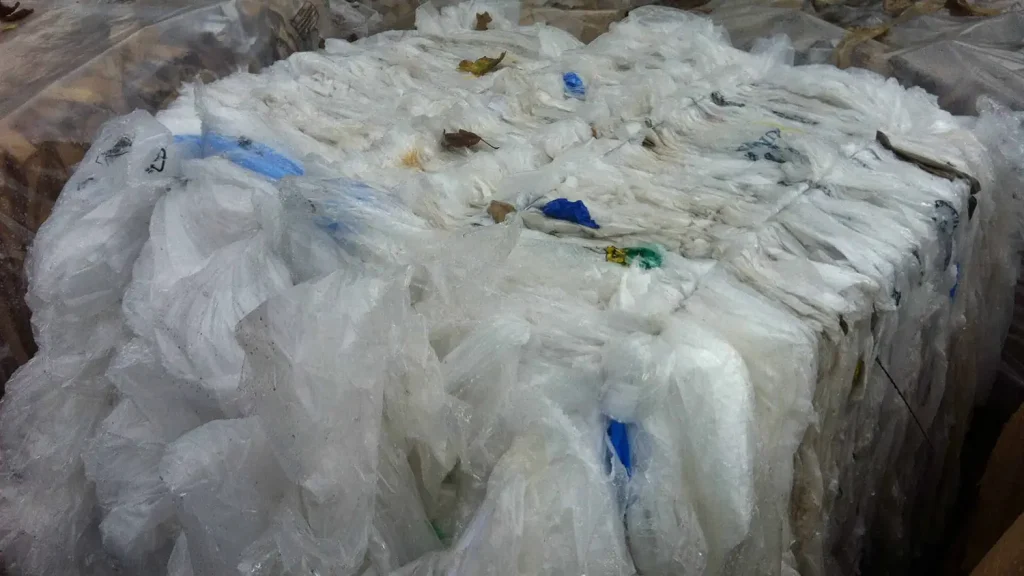
Polypropeeni (PP)
PP is a thermoplastic polymer used in a variety of applications, including packaging, textiles, and automotive components. It has excellent heat resistance and is increasingly being accepted for recycling.
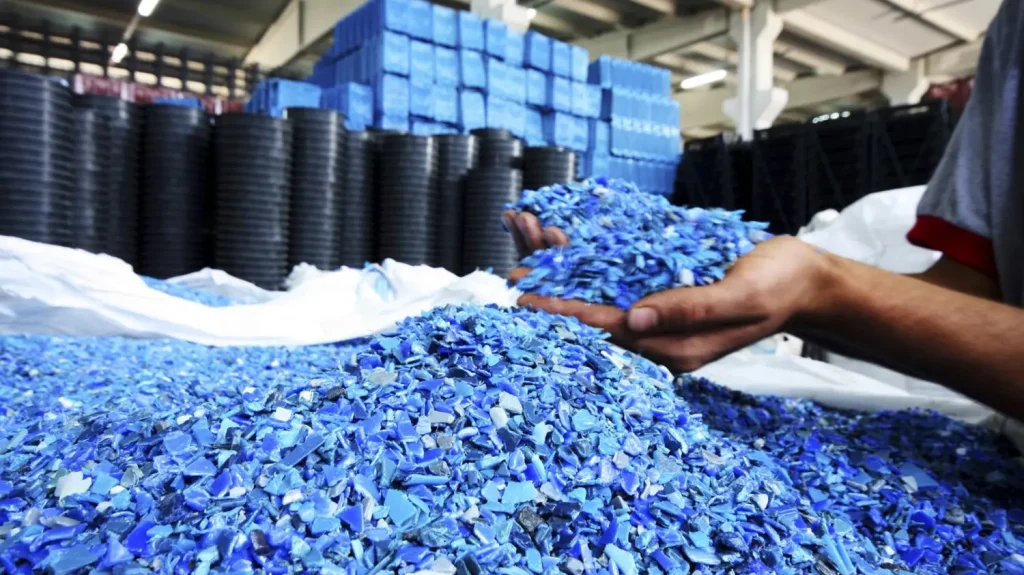
polystyreeni (PS)
Also known as Styrofoam, PS is used in disposable plates, packaging materials, and insulation. While it is lightweight and moisture-resistant, it is also difficult to recycle and not widely accepted in recycling programs.
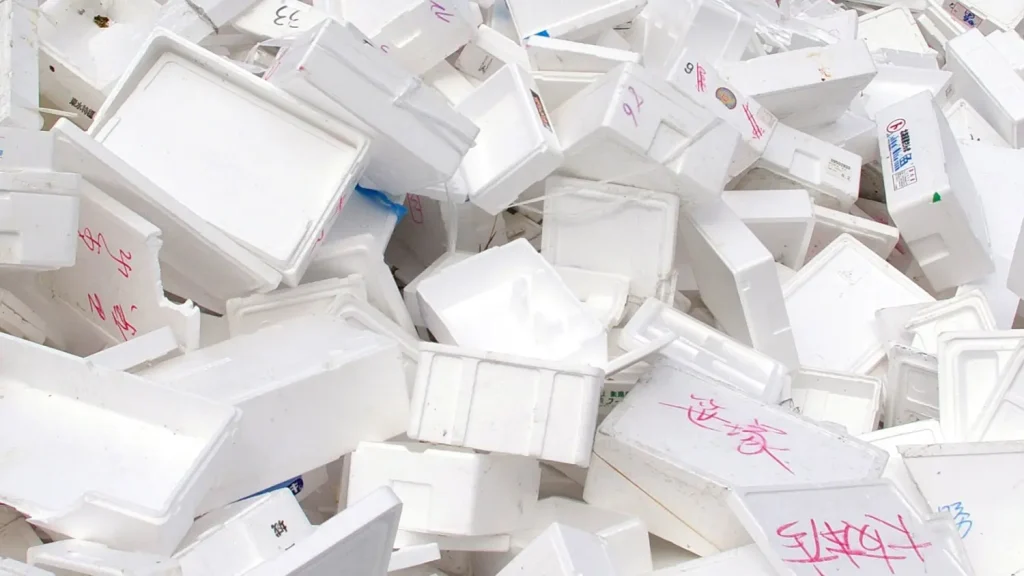
Miscellaneous Plastics
This category includes a range of other plastics like polycarbonate, acrylic, and bioplastics. These are generally not recycled due to their complex chemical structures and lack of recycling facilities equipped to handle them.
Johtopäätös
Understanding the complexities of plastic types is not just an academic endeavor but a practical necessity in today’s world. This Plastic Classification Guide serves as a comprehensive resource for making informed decisions about plastic usage and disposal, thereby contributing to more effective recycling and a reduction in white pollution.
KYSELYT
Saadaksesi viimeisimmät hinnat ja toimitusajat, lähetä meille viesti alla olevalla lomakkeella.
[contact-form-7 id=”c9499fe” title=”Contact form 2″]



